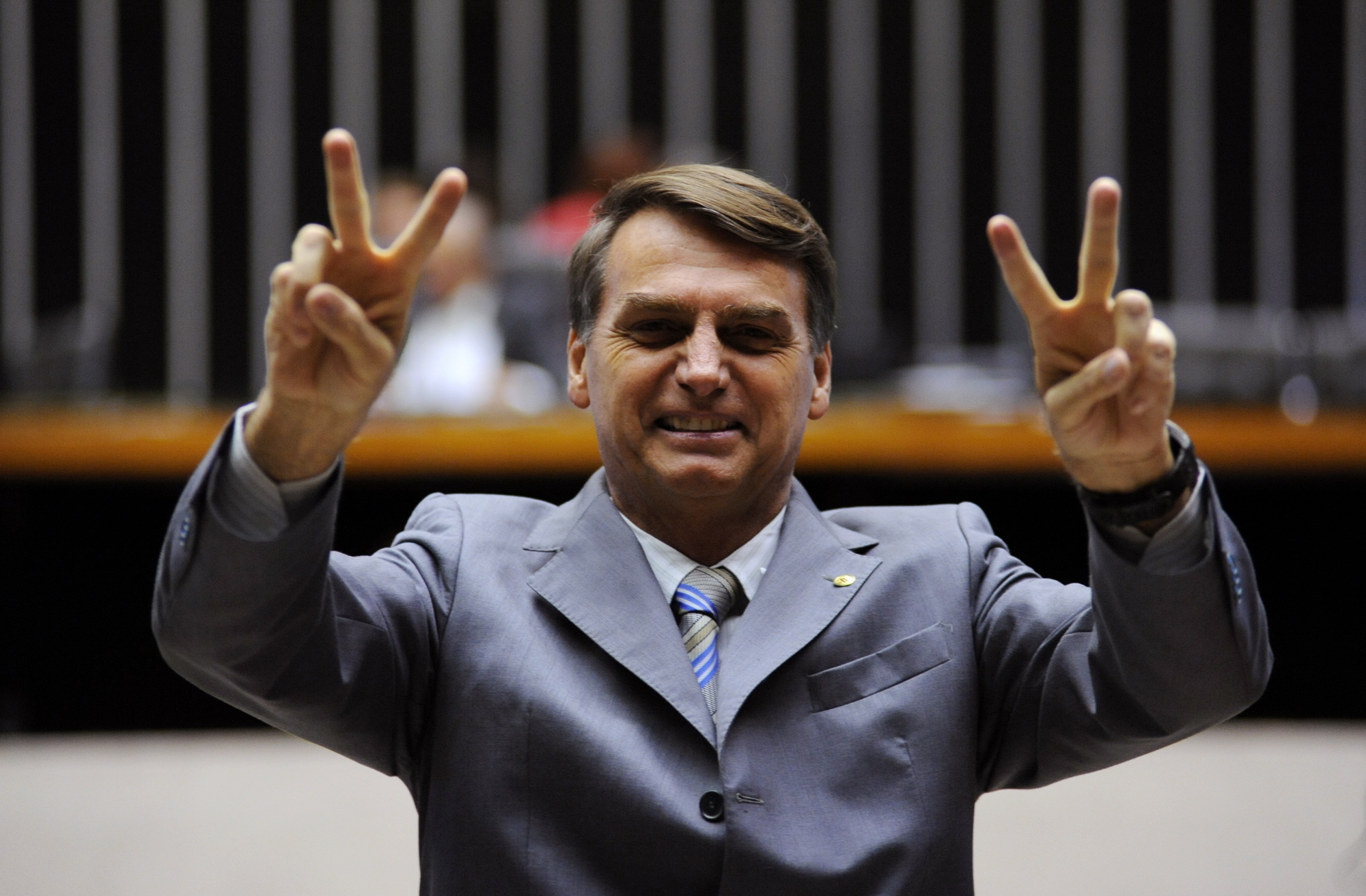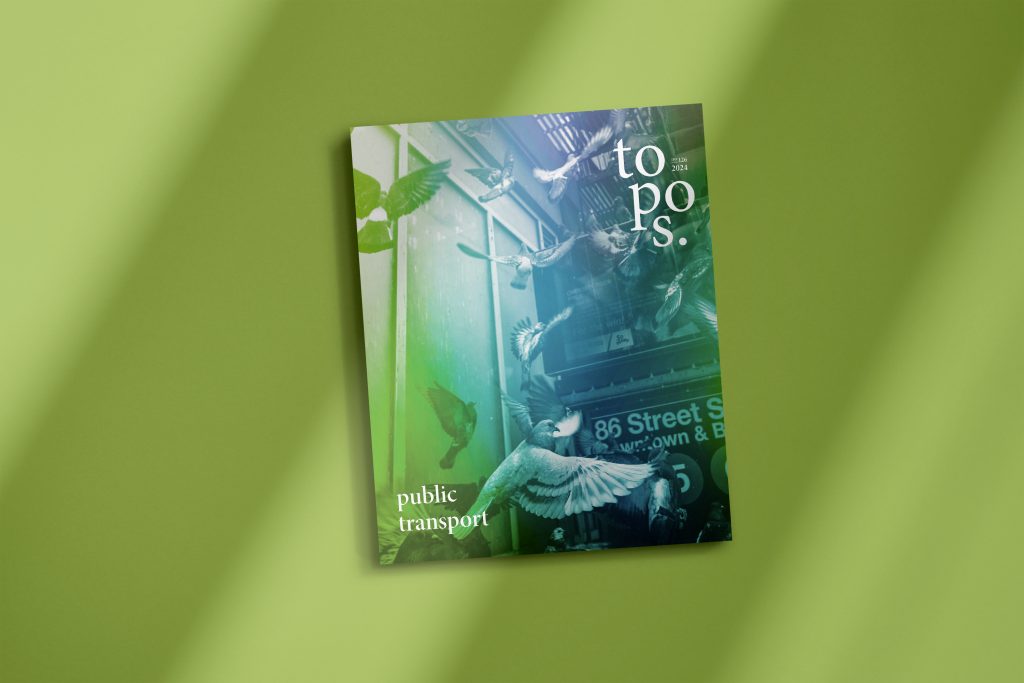Brazilian urban policy by Bolsonaro

Brazil has a new president-elect, the far-right politician Jair Bolsonaro. How will urban policy be affected?
Billboard
Skyscrapper
Halfpage
Brazil has a new president-elect, the far-right politician Jair Bolsonaro. How will urban policy be affected?
Riding a wave of popular discontent, Bolsonaro’s election puts an end to fifteen years of rule by the left-wing Workers Party (PT) and comes amid a weak economy, corruption scandals and a crisis of political legitimacy that left none of Brazil’s main political parties untouched.
Much has been made of Bolsonaro’s proto-fascist rhetoric, his appalling remarks about women and gay people and his association with Brazil’s military dictatorship. But it remains unclear what his term will look like in practice. And since almost ninety percent of Brazil’s population lives in cities, it’s worth taking a closer look at the implications of his election for urban policy in Brazil.
Bolsonaro’s previous political record gives little away. By all accounts, he was up until recently a relatively marginal figure in the country’s political scene: an army captain who spent much of his time advocating for the two constituencies that formed the basis of his party’s support, the army and the traditional family unit.
It’s perhaps unsurprising, then, that his manifesto aims were decidedly light when it came to urban policy. As an article in the Brazilian edition of ArchDaily outlined before his election, the manifesto his opponent in the second round, Fernando Haddad, contained about eight times as much detail on urban policy, with Bolsonaro’s manifesto giving no detail on housing, sustainability, mobility and several other areas which Haddad’s manifesto covered at length.
Lack of detail
This lack of detail is itself rather telling. Bolsonaro’s main proposal, concerning infrastructure, called for government to “reduce bureaucracy, simplify, privatize and think strategically”, adding that the country’s infrastructure “can no longer be a bottleneck”. In keeping with his wider economic pronouncements, this is textbook economic liberalism and spells a likely turn away from the socialising tendencies of the PT.
To get an idea of what these tendencies looked like in practice, it’s worth looking at the experience of Haddad himself, specifically during his tenure as Mayor of Sao Paulo between 2012 and 2016. Among his signature policies was a pledge to extend the city’s bicycle network from 64.7km (40 miles) to 400km by the end of his term. Taken alongside his promise to reduce the maximum speed limit on select roads, Haddad was clearly aligning himself with pedestrians and cyclists and putting himself at odds with the city’s many motorists. Despite being relatively modest measures (especially for a sprawling car choked city like Sao Paulo), they were met with considerable opposition, especially from conservative forces.
Indeed, such was the opposition to Haddad’s time in office, that by the time he came up for re-election, his approval rating was 14% (not helped by the growing dissatisfaction with PT nationwide). It therefore comes as no surprise that he finished almost forty points behind the winning candidate, João Doria Júnior of the The Brazilian Social Democracy Party, in his bid for re-election.
While it by no means captures the full picture, Haddad’s experience in Sao Paulo and his subsequent defeat at the city and national level seems like a pretty clear sign that his party’s brand of urbanism will be superseded by a much less interventionist and decidedly more laissez-faire urban policy under Bolsonaro.











